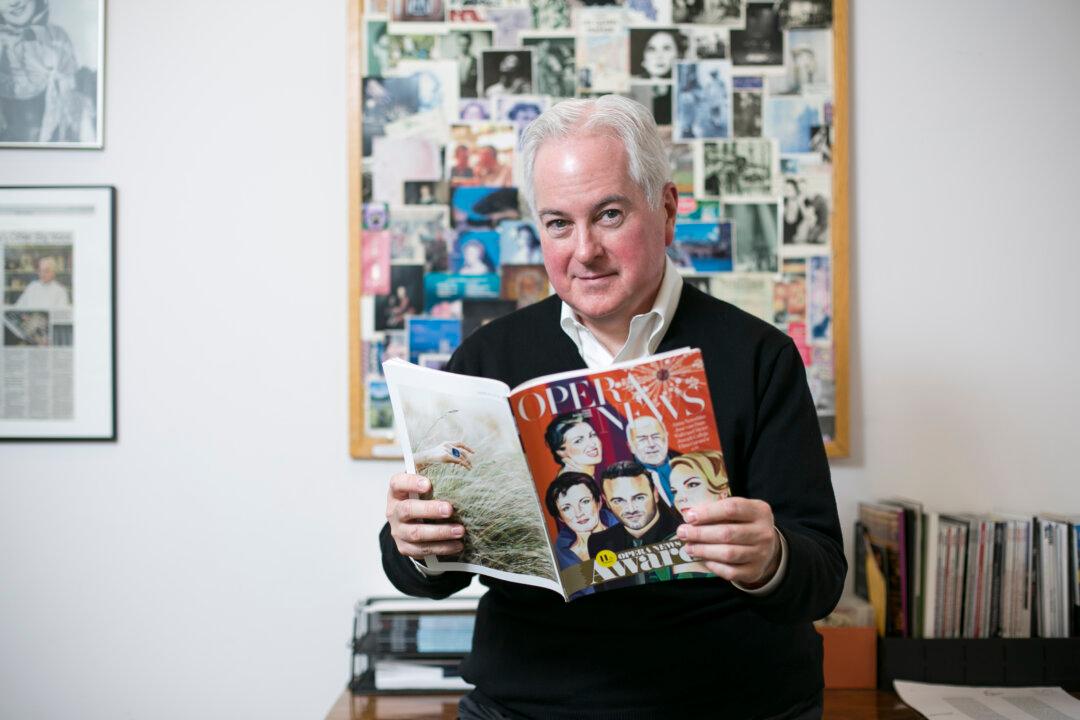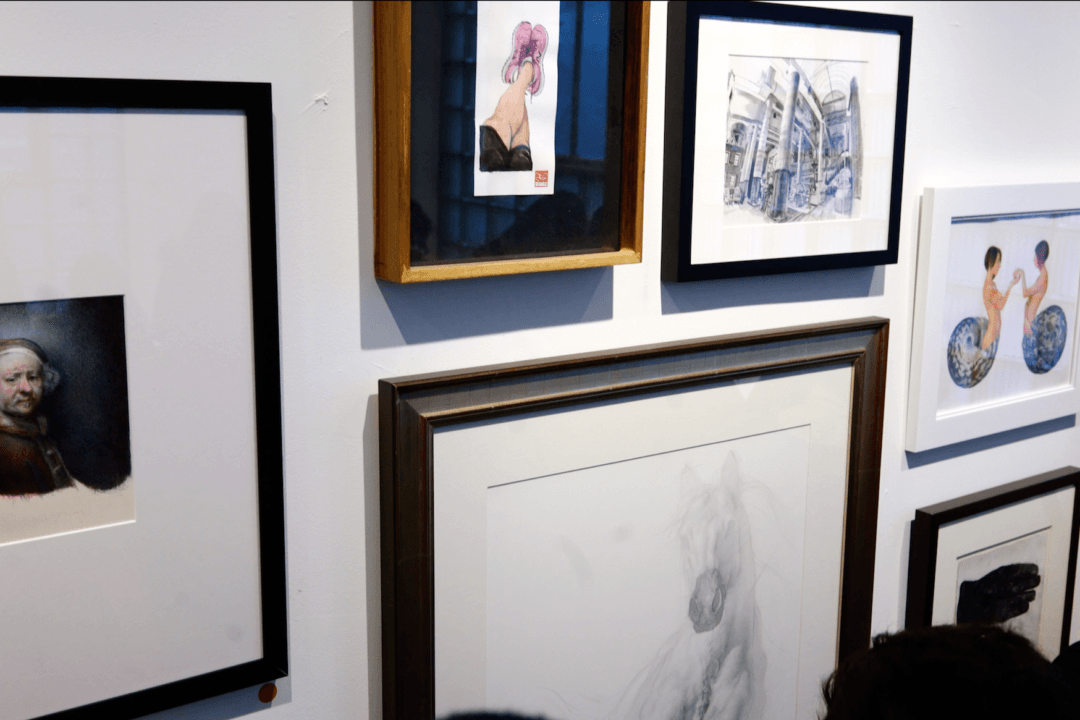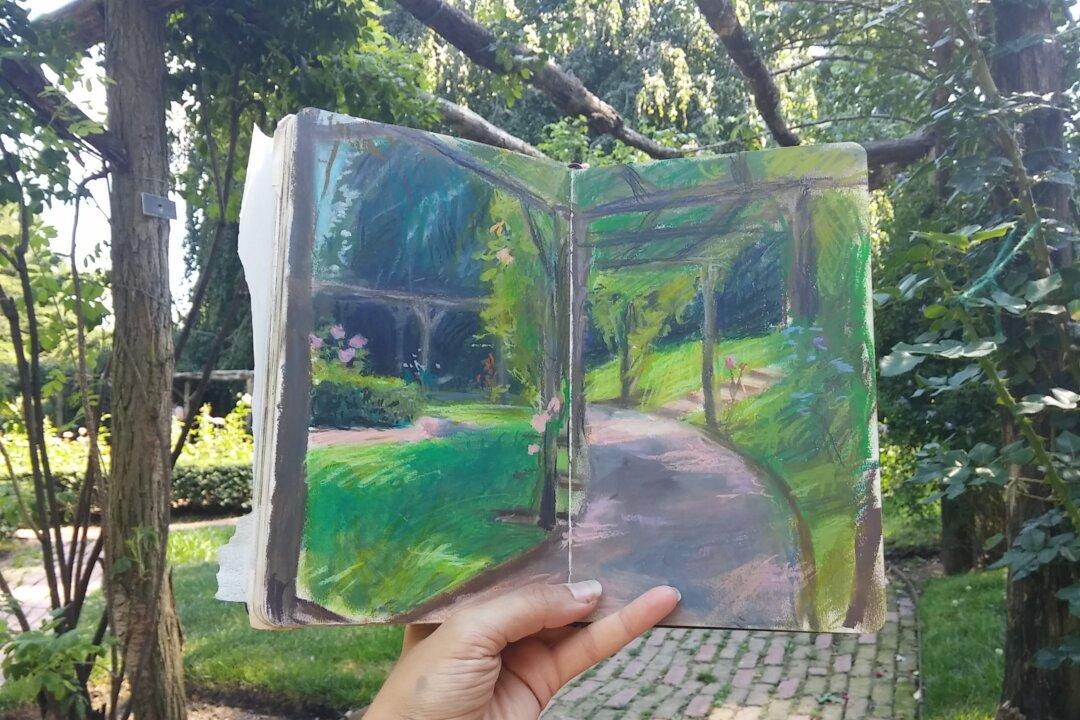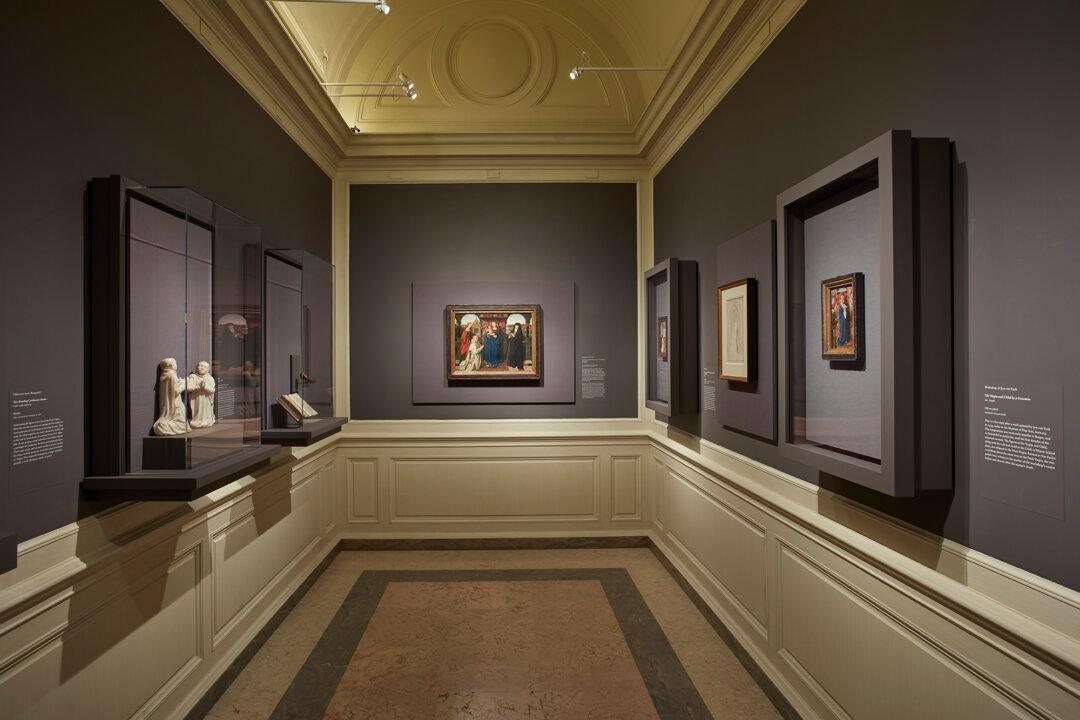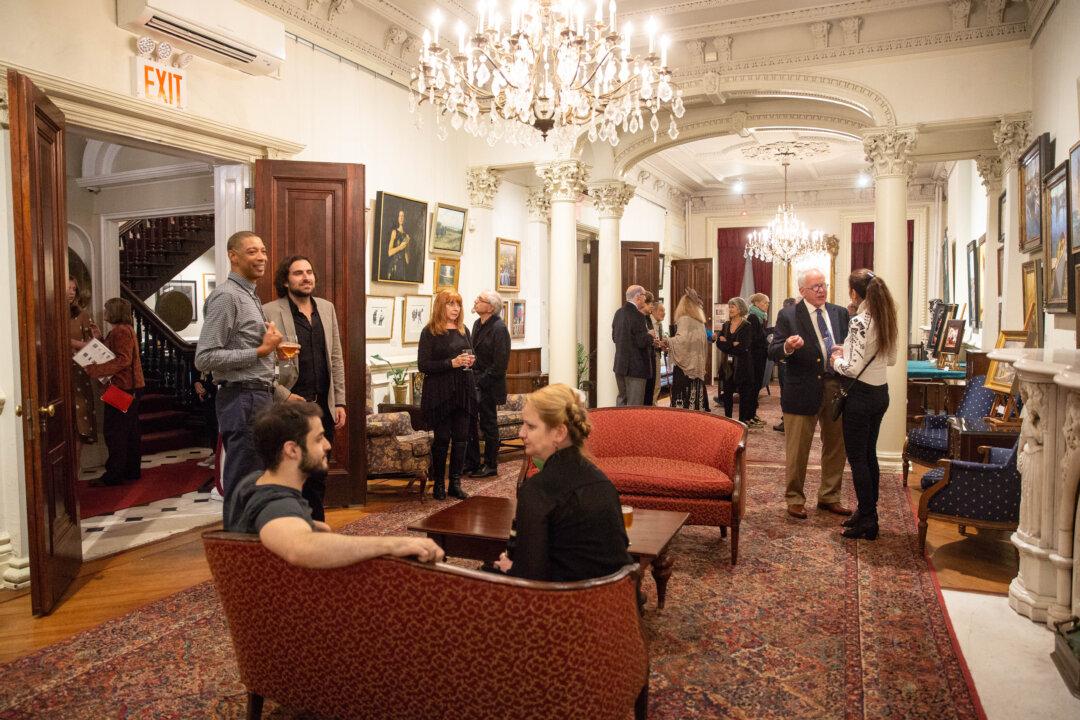NEW YORK—Opera may not be for everybody. It’s clearly artificial. No one would ever be fooled into thinking that it’s realistic, but the emotions have to be charged and the stakes have to be high, the editor-in-chief of OPERA NEWS, F. Paul Driscoll explained.
“I do think that most people who say they don’t like it, haven’t really experienced it. Opera is like frogs legs. People have an opinion about it whether or not they have tasted it,” Driscoll said in his office at Lincoln Center.
Driscoll talked eloquently relaying a treasure trove of encyclopedic references, factoids, insights, and witty remarks about opera—too many to mention here. But essentially, he and Diane Silberstein, the publisher of OPERA NEWS, talked about how the magazine—especially with its latest breezy redesign—wants to demystify the opera.


